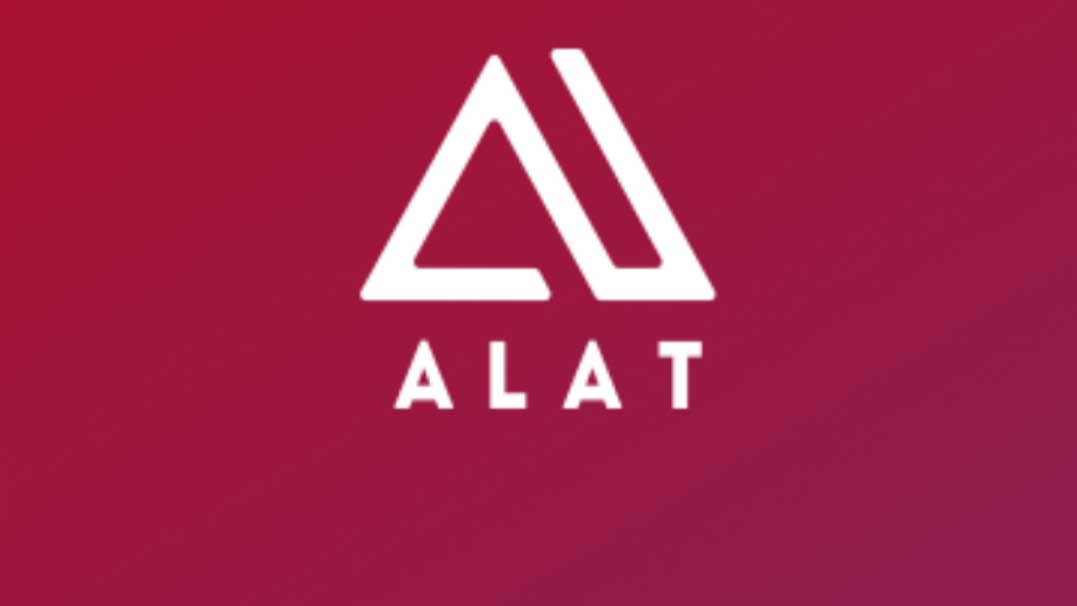
The National Association of Freight Forwarders and Consolidators (NAFFAC) has cautioned the Federal Government against multiple checkpoints and illegalities by security agencies and touts along the Lagos-Badagry corridor and other entry points across the six geopolitical zones, to encourage Nigeria participation in the Africa Continental Free Trade Area (AfCFTA) Agreement.
NAFFAC lamented that Nigeria businesses may suffer major setbacks if the government fails to resolve the bottlenecks on the movement of goods from all the entry points and international frontiers, saying that Nigerian goods and services have potential to compete favourably in the region.
Speaking at a roundabout meeting put together by the Association of Maritime Journalists of Nigeria (AMJON) in Lagos, the President General of NAFFAC, Adeyinka Bakare, expressed concerns over the multiple checkpoints manned by security agencies and touts, noting that the illegalities would further affect foreign and local investment.
Bakare lamented that the association has engaged government at all levels in furtherance to tackling the illegalities along the Lagos-Abidjan corridor.
According to him, there are only five checkpoints between Ghana and Benin, noting that Nigeria has over 30 checkpoints manned by operatives of the government, which he described as extortion of the highest order.
Bakare told the group of journalists that trade barriers must be eliminated for the country to participate fully in AfCFTA, while calling on resident Bola Tinubu led administration to reduce the number of checkpoints along the routes to encourage international trade.
The NAFFAC boss explained that Nigeria stands a chance to benefit immensely in the exportation of her commodities to other countries of the continent if well harnessed.
While reiterating the association’s commitment towards encouraging exportation, Bakare explained that freight forwarding business is beyond import, urging the government to look inward to put in place policies to drive export.
He lamented that the poor foreign exchange rates against the Naira has also discouraged international trade, but expressed optimism that non-oil export would further grow the economy when the government prioritises cargo exportation.






